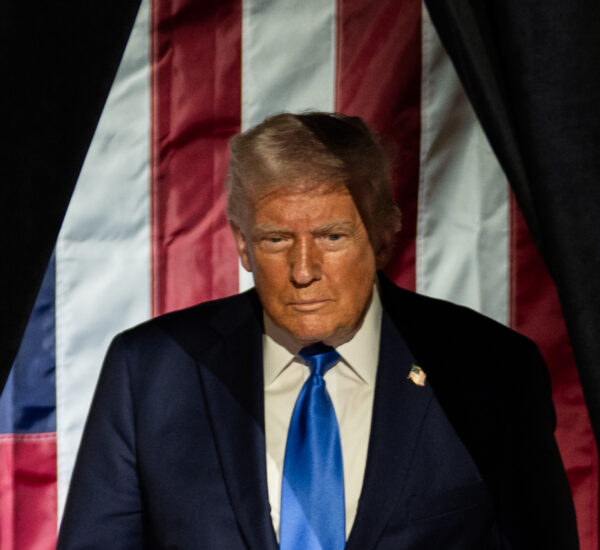Democrats Agree To Work With Musk And Ramaswamy?
Rep. Ro Khanna (D-Calif.) recently suggested that there may be opportunities for bipartisan collaboration with tech billionaire Elon Musk’s newly established “Department of Government Efficiency” (DOGE) to address wasteful spending in the defense budget. This came up during an interview on CNN with anchor Jim Acosta, who asked about the influence Musk and former GOP presidential candidate Vivek Ramaswamy would have in shaping federal spending decisions.
Khanna responded by acknowledging that while Musk and Ramaswamy would offer recommendations, it would ultimately be up to Congress to decide what gets cut or reformed. He noted that there is room for both Democrats and Republicans to work together on eliminating inefficiencies within the Department of Defense. Specifically, Khanna pointed to the significant issue of “waste, fraud, and abuse” within the defense budget, highlighting that the Pentagon has failed multiple audits over the past several years.
Khanna expressed optimism that some members of the House Armed Services Committee—both Democrats and Republicans—could join forces with Musk and DOGE to push for reforms that increase competition and streamline defense spending. His comments resonated with Musk, who responded positively on social media.
Earlier this month, President-elect Donald Trump appointed Musk and Ramaswamy to lead DOGE, a new initiative aimed at slashing bureaucratic waste, eliminating excessive regulations, and restructuring federal agencies. In his announcement, Trump described the initiative as a major step toward overhauling government inefficiency, calling it potentially “the Manhattan Project of our time.” This echoes long-standing Republican goals to reduce the size of government and improve its effectiveness.
As Trump pointed out, the mission of DOGE aligns closely with conservative principles of reducing government waste, cutting unnecessary regulations, and promoting fiscal responsibility. If successful, this initiative could set a new standard for efficiency in federal spending and serve as a model for future reform efforts.





